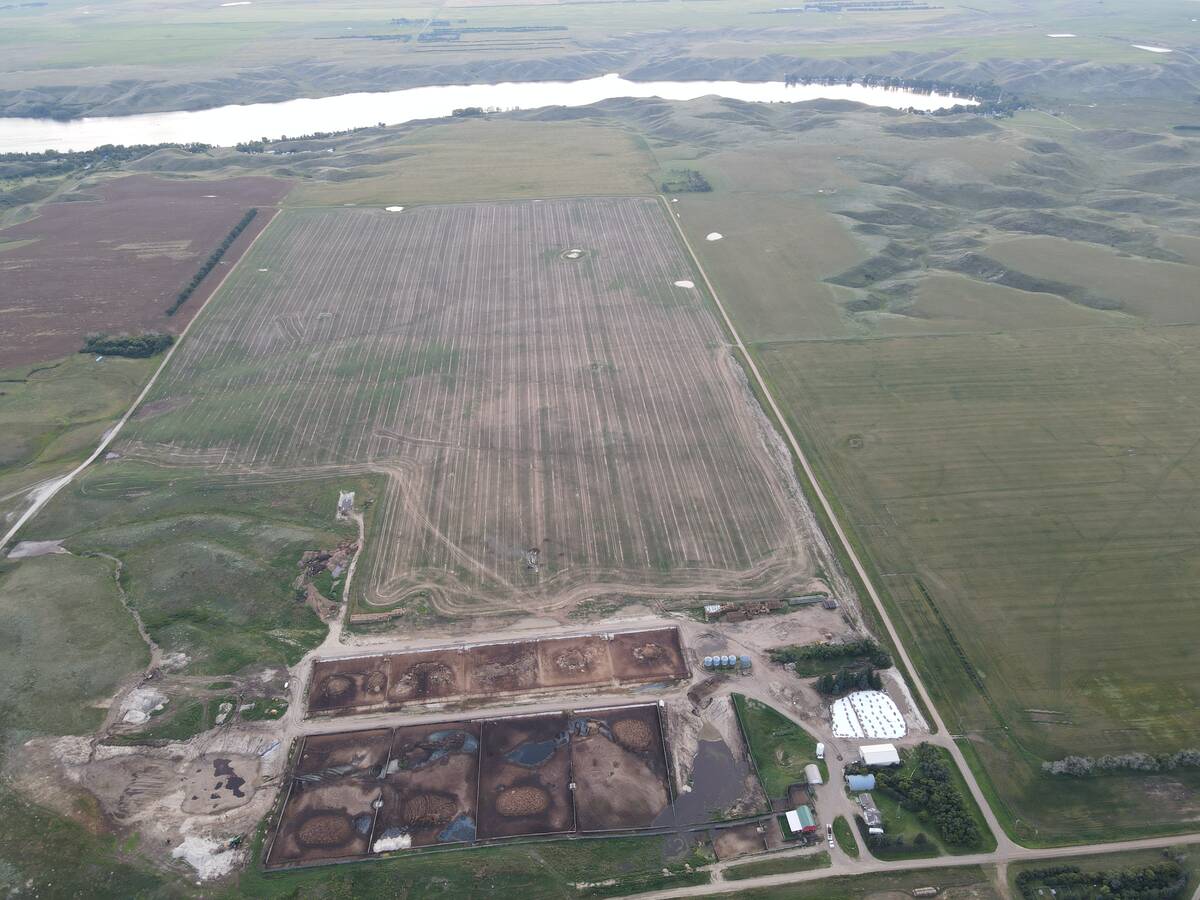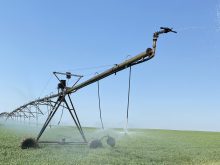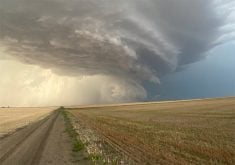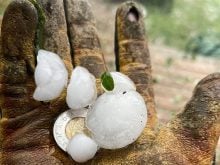The challenges of finding and retaining rural nurses are common to the United States and Canada, but there are strategies that could help remedy nurse shortages.
Among them are developing programs specific to rural nursing, a better understanding of rural nursing challenges, improved communication with nurses working in remote areas and community incentive programs to attract and retain nurses.
Dr. Jeri Bigbee of the department of nursing at Boise State University says Canada and Australia have the most comprehensive research on rural nursing.
Read Also

Saskatchewan RM declines feedlot application, cites bylaws
Already facing some community pushback, a proposed 2,000-head cattle feedlot south of Swift Current, Sask., has been rejected for a municipal permit, partly over zoning concerns about the minimum distance from a residence.
“There are certainly a lot of similarities in terms of topography and the challenges and the strengths within the communities and I’m very impressed by the quality of nursing care here in Canada that I’ve seen, particularly in the rural areas, and the educational process that supports the preparation of those nurses,” said Bigbee, who visited rural Alberta last week and presented a lecture at the University of Lethbridge.
Her study of 400 U.S. nurses in community and public health practice found that communication and the ability to connect with colleagues is vital to rural nurse retention.
She concluded that the U.S. needs more research into rural and remote nursing, as well as an infrastructure to support solo public health nurses.
Dr. Judith Kulig of the health sciences department at the U of L, who helped write a 2004 major report,The Nature of Nursing Practice in Rural and Remote Canada,said findings in that report are similar to Bigbee’s findings in rural Idaho.
“There’s a nursing shortage in this country and there’s a nursing shortage in rural Canada,” said Kulig following Bigbee’s lecture.
Besides the risk of burnout, rural nurses also face isolation, long hours, pressures related to whether their spouses can get jobs in the same region and whether their children have access to desired extra-curricular activities.
Bigbee said there is better retention of rural nurses if they’re originally from a rural area.
“Some of the strategies that I think we need to work on more … is to promote nursing early to young people at the junior high and high school levels in rural communities because we know that if someone has grown up in a rural area, they have a much greater chance of going into rural practice and staying in rural practice.”
Added Kulig: “We know that people from rural areas go back to rural areas, so we need to find ways to financially assist them for their education … and we need to provide the supports for them.”
Kulig said a community in Nova Scotia adopted a fourth year nurse, inviting her to social events and getting her comfortable with the community before hiring.
A district in Newfoundland offered bursaries and free lodging to nurses, and the municipality of Crowsnest Pass in southern Alberta owns a home that medical professionals can use at no charge.
“I think rural nursing is so unique and so specialized that having a certificate, I think, would make a difference to people providing the care, and it honours what we do,” said Kulig, who advocates a health education program specific to rural nursing.
The U.S. has masters and doctoral programs in rural nursing, but that is not the case in Canada.
However, Bigbee praised Canada’s health care system.
“What the Canadian system has figured out, it seems, is that everyone needs basic health care and that is a responsibility of us as a society,” she aid. “The United States is still struggling with that concept, and as a result, in rural areas, which have some of the highest percentage of population without any health insurance, and high rates of poverty, many people in rural areas don’t have access to health care.”















